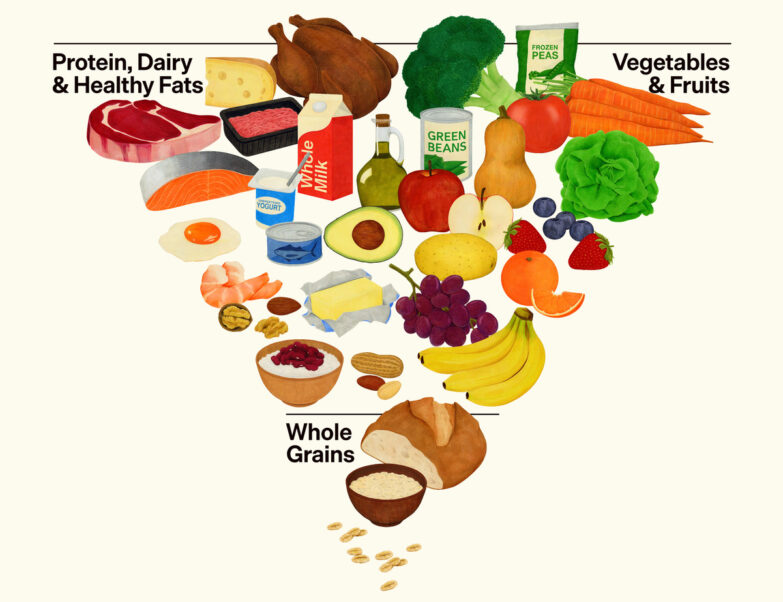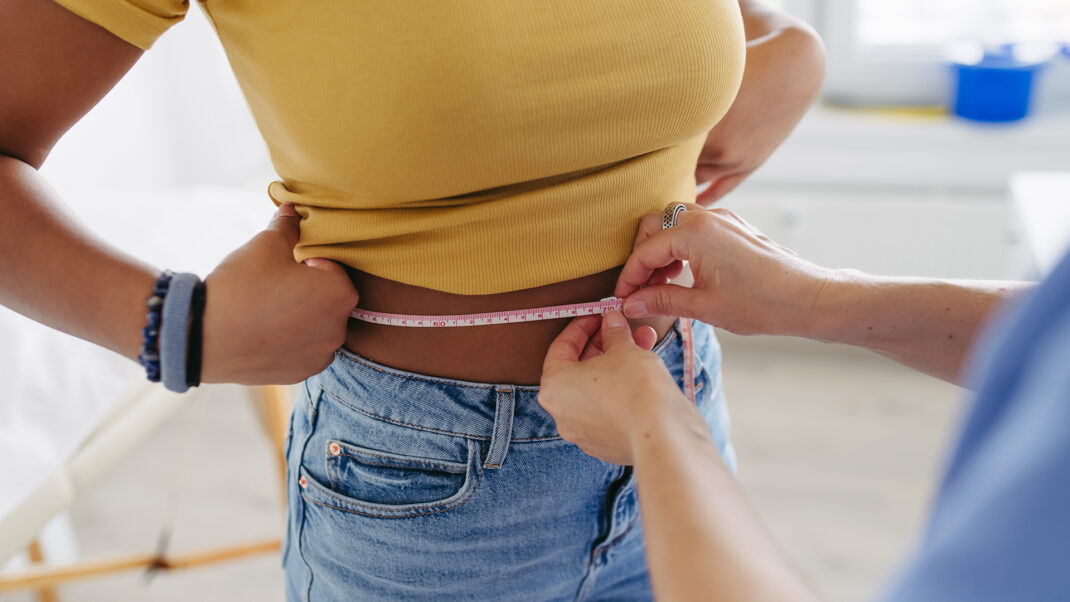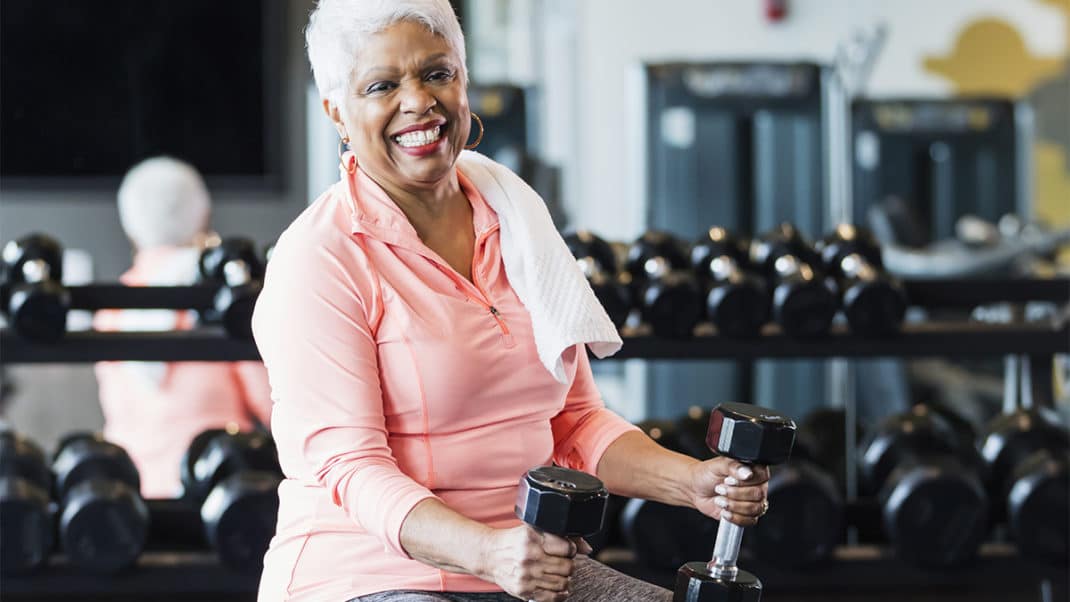Exercise Responses Vary Among Women

A new study from Bangor University in Wales affirms that body type influences a woman’s response to exercise, potentially affecting weight management success.
Female participants were assigned to either a 4-week or 8-week circuit training intervention. The women met three times per week and exercised at 50%–90% VO2 peak for 45–90 minutes per session. They were instructed not to diverge from their usual diets.
The study’s primary objective was to determine the women’s physiological responses; however, this motive was not disclosed to them. Researchers measured the subjects’ weight and body composition and assessed their fasting and postprandial appetite hormone levels.
According to the data, the exercise intervention didn’t result in weight loss. Those categorized as lean gained muscle mass, while overweight and obese participants experienced a significant increase in appetite hormone levels.
Hans-Peter Kurbis, PhD, study co-author and senior lecturer for Bangor University’s School of Sport, Health & Exercise Sciences, offers insight: “Our study
showed that using exercise training alone for weight loss is not effective in females, whether lean or obese,” he says. “Our body system is so well regulated that it always finds a way to compensate for a loss in energy after exercise. Whether [women] are aware of it or not, [those] undertaking more physical activity or exercise may experience increased appetite as a result, and this makes it difficult for [them] to achieve their goals.”
He concludes that weight loss seekers should engage in overall behavior change that emphasizes diet in addition to exercise if they’re to realize their goals.
The study appeared in Applied Physiology, Nutrition, and Metabolism (2017; doi.org/10.1139/apnm-2017-0577).
Ryan Halvorson
Ryan Halvorson is an award-winning writer and editor, and IDEA's director of event programming.






